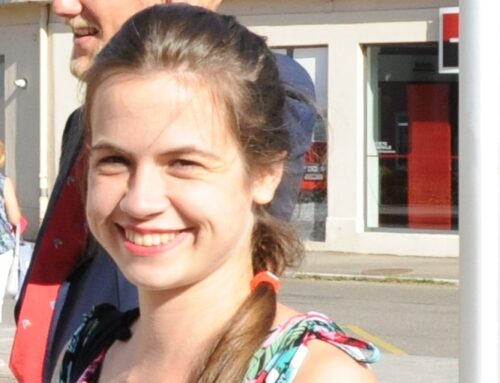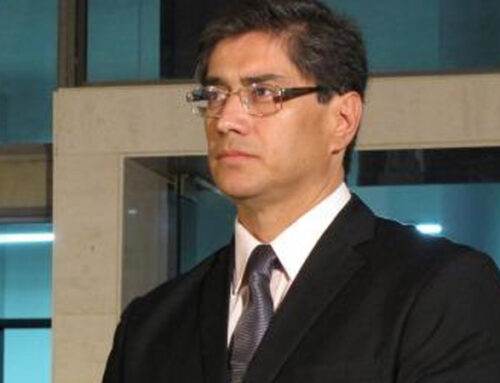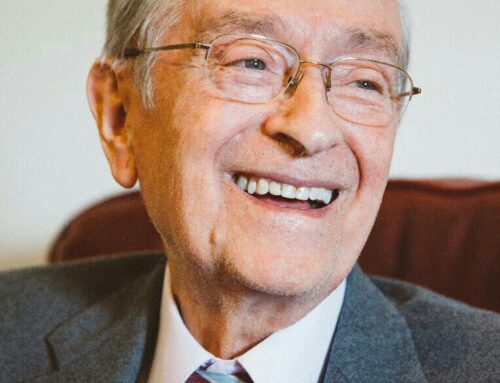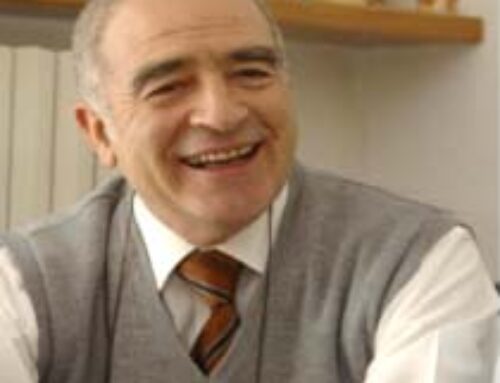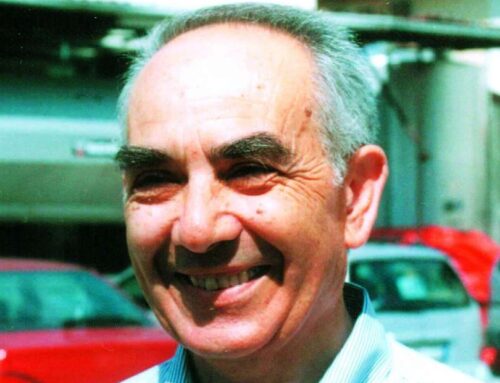Igino Giordani
“In 1948, in the Chamber of Deputies, we met Igino Giordani. A personality with vast cultural, social and political experience, a fighter in the difficult seasons after the First World War. A master of thought and a point of reference for the generations that had longed for freedom under the dictatorship.
Giordani was co-founder of the Focolare Movement and in our eyes has always represented, for a design of God, the reality of humanity, its history, its sufferings, its achievements, its search for a true ideal. He carries in our hearts humanity with its problems and anxieties: the reconstruction of the country and Europe after the Second World War, nascent democracy, the East-West division.
Giordani in turn receives from the spirit of the Movement a new impulse for his political activity. His speech on universal peace received the applause of the whole Parliament; the first bill on conscientious objection, presented together with the socialist Calosso; the dialogue on peace with the communist Lajolo. Soon a discrete group of deputies gathered around Giordani who share our Ideal and try to take it forward within Parliament. Thus, for the first time in a political forum, one experiences the art of love that I spoke of”.
(cf. C. Lubich, The Movement for Unity for a Policy of Communion, Rocca di Papa, June 9, 2000, in “Nuova Umanità” 131 (2000).
One of the great figures in the italian context, in the 20th century. Member of the Constituent Assembly and of the Chamber of Deputies until 1953, Giordani undertook his political commitment alongside Luigi Sturzo. His opposition to Fascism, which he pursued with insistence, was particularly significant.
Director of several major newspapers and periodicals (including “Il Popolo” and “La Via”) he expressed his intense and penetrating writing skills by composing more than 100 volumes and thousands of articles and minor essays, translated into various languages.
In 1948 he met Chiara Lubich and fully adhered to the spirituality of the Focolare Movement that she had begun, collaborating in the maturation of its social nature to such an extent that he was considered a co-founder.
Giving voice to the noblest needs of a united Europe, Giordani was a promoter of open and constructive dialogue between political forces, a choice that he was able to witness without compromise; among many examples. For example, during the public exchange of letters with Davide Lajolo, director of L’Unità di Milano, in the early 1950s, which shook both sides of Catholicism and Communism; and the presentation, with the socialist deputy Calosso, of the first bill for conscientious objection.
The breadth and depth of his work, a true anticipation of the cultural themes of modernity, placed Giordani at the heart of our times. His message continues to make way for that indispensable striving for peace, justice, Universal Fraternity that the 21st century is claiming for.


